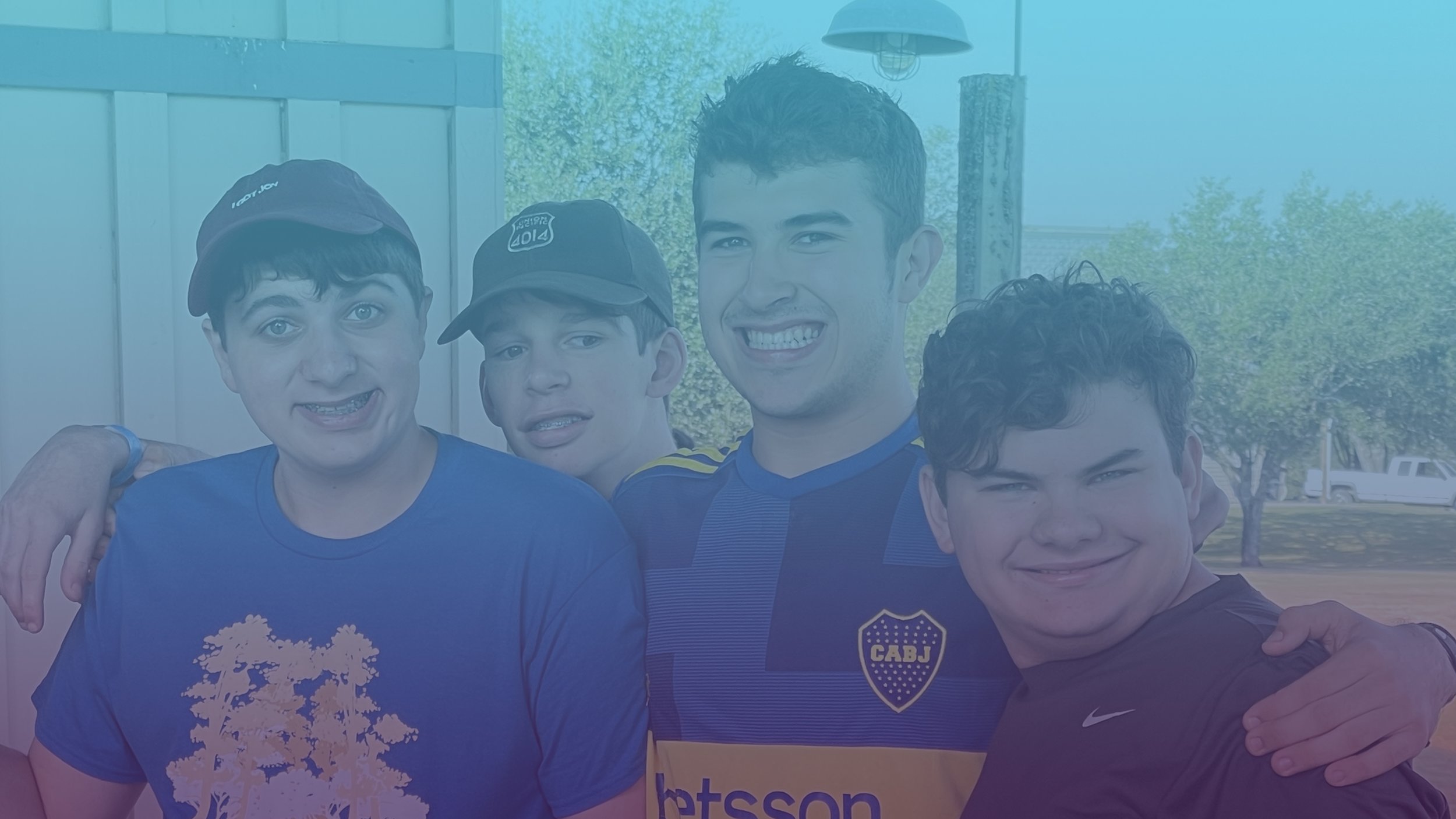
SOCIAL / EMOTIONAL
The Social/Emotional Program has a long history at Gateway Academy. When we opened the doors in 2006, we knew we had a responsibility to teach the traditional academics, but we were also committed to meeting the social and mental health needs of our students. Our students need more opportunities, more time, and more support than can be provided in a typical high school environment, but with our programming Gateway students have the chance to live self-sufficient lives filled with joy, relationships, and independence. We understood that in order to make significant, positive changes in the lives of our students, we had to orient our community around the belief that everyone can have healthy, happy, and productive lives that contribute to the community.
The foundation of our Social/Emotional Program is our Student Support Team, which is composed of Licensed Professional Counselors, Behavior Specialists, and Speech Language Pathologists. This highly qualified and experienced team provides the foundation of our Social/Emotional Program. The Student Support Team, in collaboration with classroom educators and administrators, intentionally adapted multiple social/emotional learning curriculums to better fit our student population. Through various classes, our students are explicitly taught how to self-regulate, communicate with others, and organize themselves in a manner that best supports their individual learning styles. These four robust components of the Social/Emotional Program are key to meeting the needs of our students, supporting them on their paths to becoming more confident and connected members of their communities.
House System
Our campus-wide “House System” supports positive behavior and builds community and accountability within our school. Houses are multi-age social groups where individual students earn House points by demonstrating respect, responsibility, healthy communication and kindness throughout the day. All staff and students are assigned to a House and meet daily for Morning Meeting and announcements, a mindful minute and the Gateway pledge. Weekly House activities develop teamwork build friendships through fun activities and group games.
Level Up/AIM
Level Up is an educational and skill-building curriculum designed to address pertinent topics and issues that affect adolescents. Students learn about social and learning differences, mental health and hygiene, healthy relationships, online safety, drugs, alcohol, and sex education. Level Up evolves based on current teenage trends, the needs of our students, and the reported concerns of our parents. Level up contributes to the maturation and personal development of our students as they prepare for young adulthood. Students practice strategies for navigating tough life issues successfully while improving self-confidence and enhancing relationships. Parents receive information and guidance to support student skill-building through quarterly Level Up presentations.
Counseling
Solution-focused counseling is utilized in the school setting and is intended to complement the recommendations of outside clinicians. Students are coached in the classroom setting, in small groups, and at times, individual sessions. Counseling and skill-building promote growth in self-knowledge and acceptance, interpersonal and communication skills, responsible behavior and personal responsibility, conflict resolution, decision-making, self-care, and self-management. Students who require more individualized support and structure throughout the school day can receive 1:1 assistance, enabling them to meet expectations with greater consistency and overcome obstacles to academic and social success.
Social Communication
Social Communication is a daily class that helps students understand social cues (the “hidden” rules) and share space with others more appropriately. Lessons target social cognitive skills including inferencing, perspective taking, executive functioning, problem-solving, social observation and conversational skills, all of which aim to help students better connect with others. Components of self-evaluation and peer feedback are incorporated. Class assignments include personal, persuasive, and informative speeches, partner debates, and learning to be a good audience member. Social Communication develops foundational skills for project-based learning in our curriculum.

